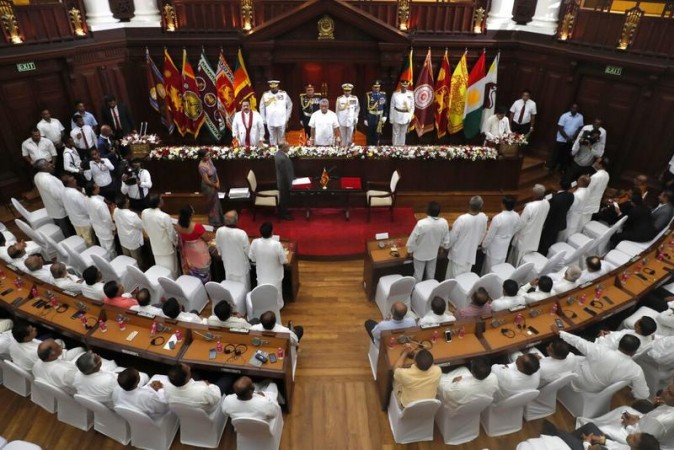
Crisis-hit Sri Lanka's Cabinet has accepted Prime Minister Ranil Wickremesinghe's request to alter various laws, including those relating to inland income, VAT, telecommunications levies, betting, and gaming to boost state revenue, which has been adversely impacted by the present economic crisis.
According to an official statement, the government chose in 2019 to lower the rates of value-added tax, personal income tax, and corporate income tax, as well as cut the tax base on value-added tax and income tax, resulting in a considerable drop in state revenue.
To boost revenue, the Cabinet of Ministers adopted a proposal given by Prime Minister Wickremesinghe, who is also the country's Finance Minister, to change numerous Acts of Parliament relating to inland revenue, VAT, and telecommunications taxes, betting and gaming at a meeting held on Monday.
The island, which is experiencing its worst economic crisis since gaining independence from Britain in 1948, has requested a bailout from the International Monetary Fund (IMF). The two parties met for the first time in April at the offices of the International Monetary Fund in Washington.
Sri Lanka is looking for a Rapid Finance Instrument (RFI) facility from the international financial organisation, as well as a larger Extended Fund Facility (EFF), to help it deal with its foreign currency shortages, which have produced an economic catastrophe.
The IMF promised to assist the country with a sum ranging from USD 300 million to USD 600 million during their most recent meeting. Sri Lanka ceased debt servicing for the first time in its history on April 12.
Sri Lanka PM Ranil Wickremesinghe to retain FM Portlio
India sends Rs 200 crore to Sri Lanka again
Sri Lanka receives another 40,000 metric tonnes of diesel from India